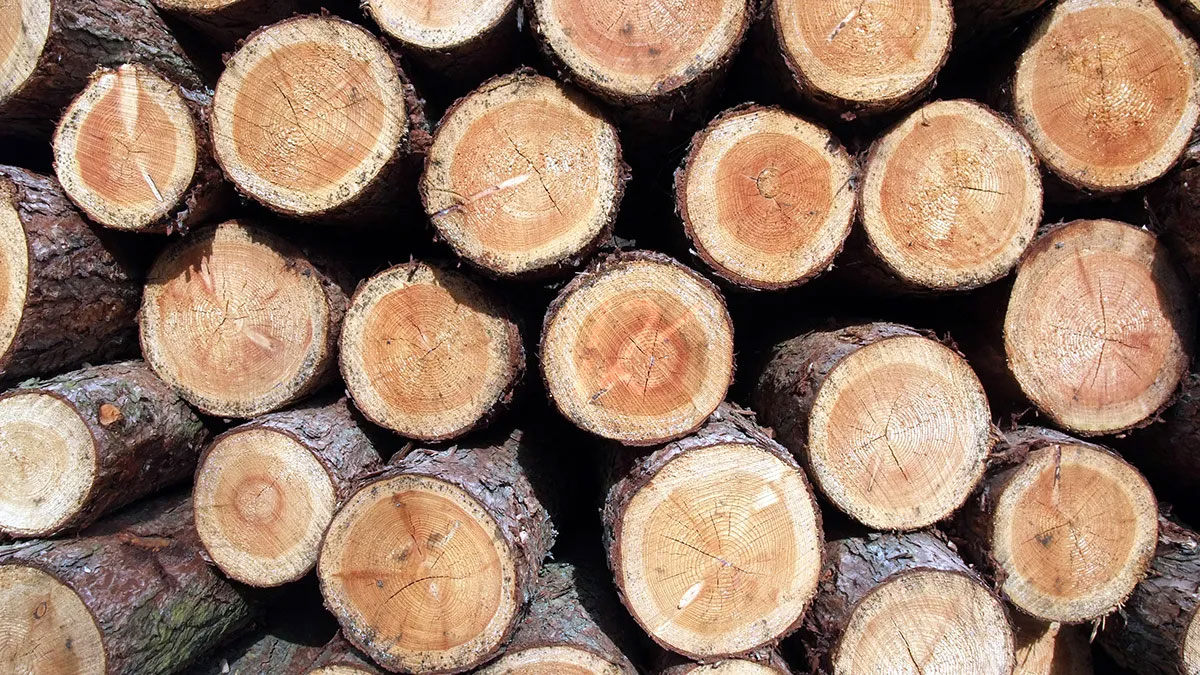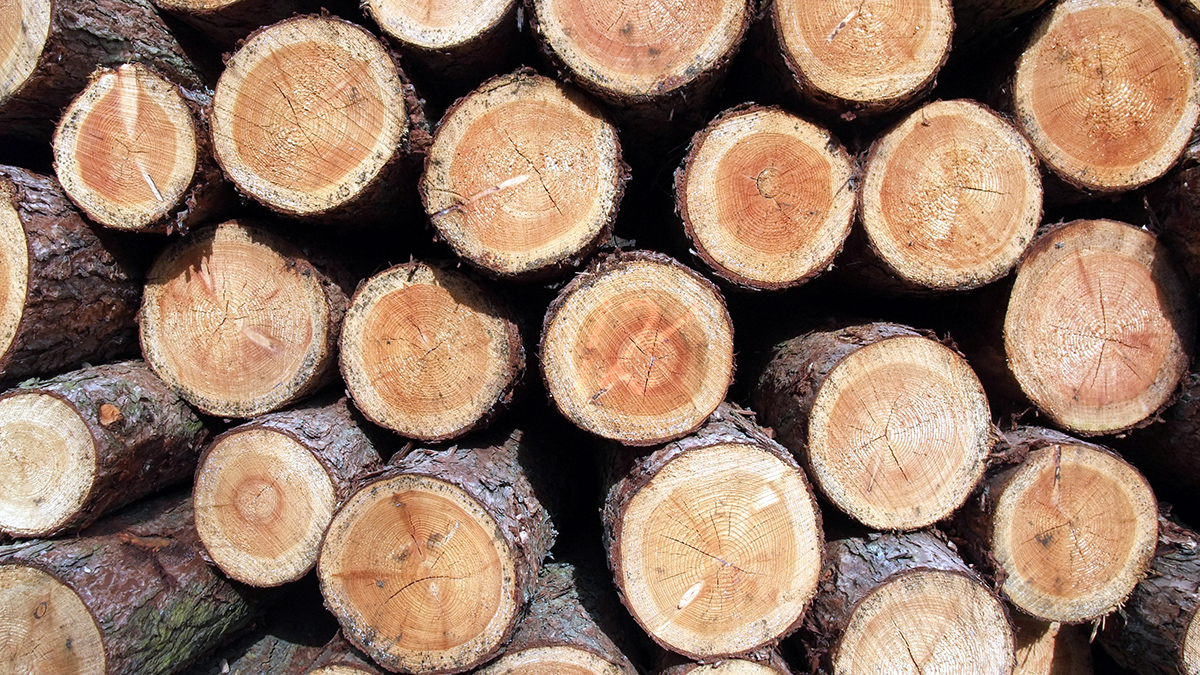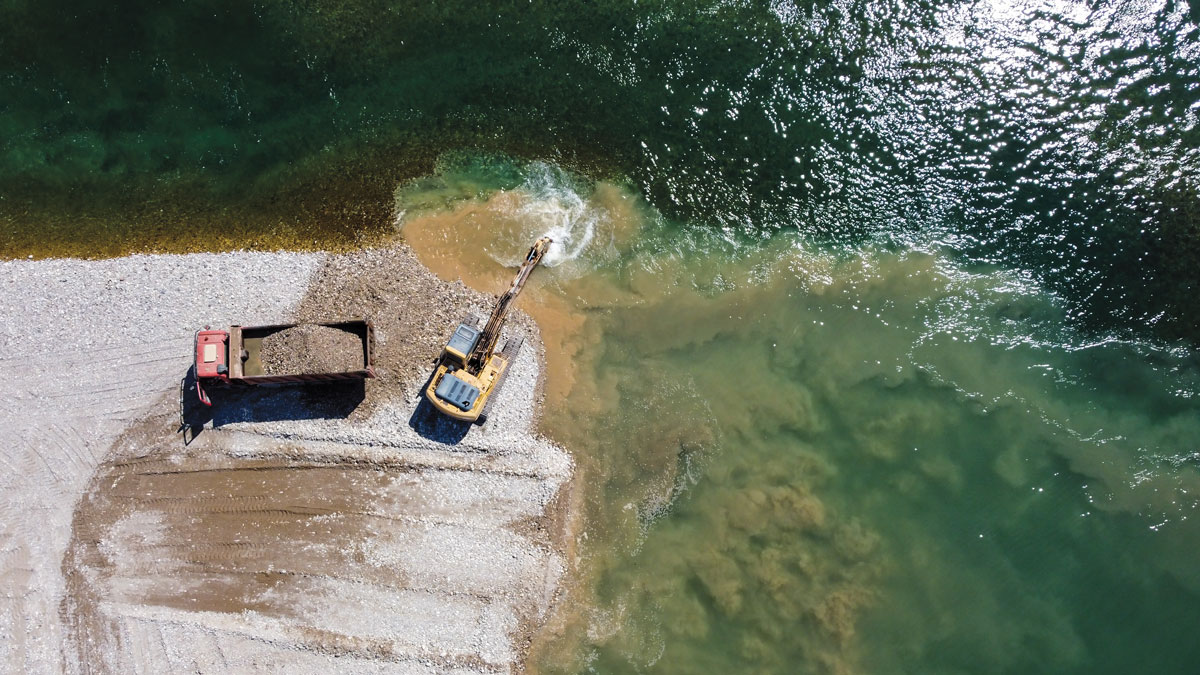A medida que los bosques se desplazan hacia latitudes más altas, las naciones enfrentan pérdidas tanto de beneficios ecosistémicos de mercado como no mercantiles.
Natural Resources
Poorer Countries Face Heavier Consequences of Climate Change
As forests shift to higher latitudes, nations to reckon with losses of both market and nonmarket ecosystem benefits.
Bridging Gaps Between the Geosciences and National Security
The geoscience community and national security agencies need effective, two-way communication to exchange information.
Sandy Fingerprints Trace Supply Sources
Geological forensics can trace raw materials back to their source. As global sand demand increases, a new tool could help identify illegal and informal sand mining.
Finding Common Ground in the Field to Inform Science Policy
The Kansas Geological Survey’s annual Field Conference takes scientists, producers, legislators, and public officials around the state to spark conversation about natural resources.
Critical Minerals for a Carbon-Neutral Future
The Earth Mapping Resources Initiative is filling data gaps and fostering more holistic understanding of critical mineral resources in the United States using a novel mineral systems framework.
Meshless Methods Tell Us What Lurks Beneath the Surface
Limitations with resolving complex underground targets with sufficiently fine resolution may be alleviated through the adoption of meshless electromagnetic methods.
Envisioning a Near-Surface Geophysics Center for Convergent Science
A recent effort identified how a proposed near-surface geophysics center integrating research and teaching could address critical challenges and promote community engagement and cultural change.
Grains of Sand: Too Much and Never Enough
Sand is a foundational element of our cities, our homes, our landscapes and seascapes. How we will interact with the material in the future, however, is less certain.
Deploying Community Water Solutions with People, for People
Guiding principles and strategies for solving local water availability problems in India have emerged from collaborations involving water users, water experts, and water solutions providers.










